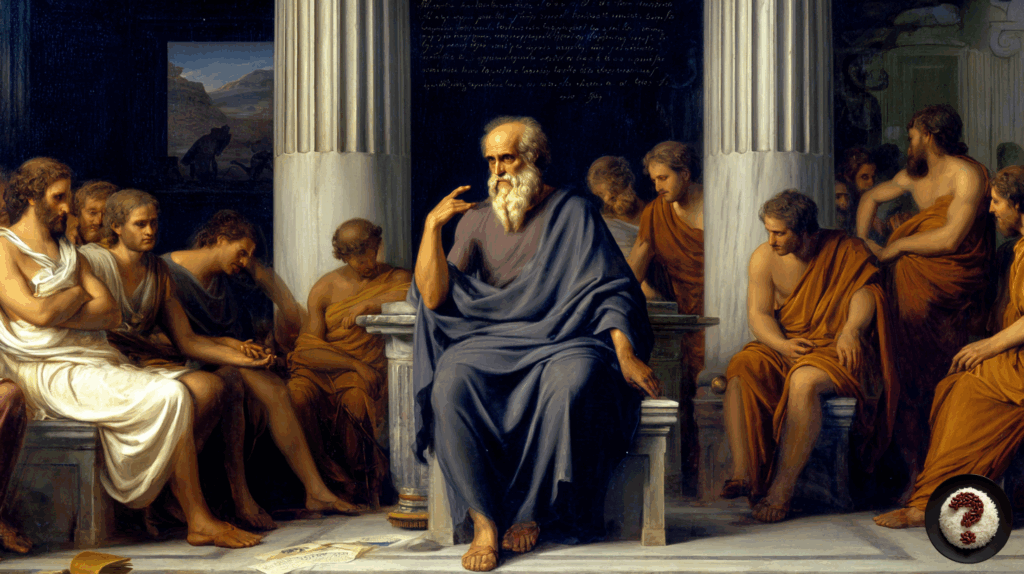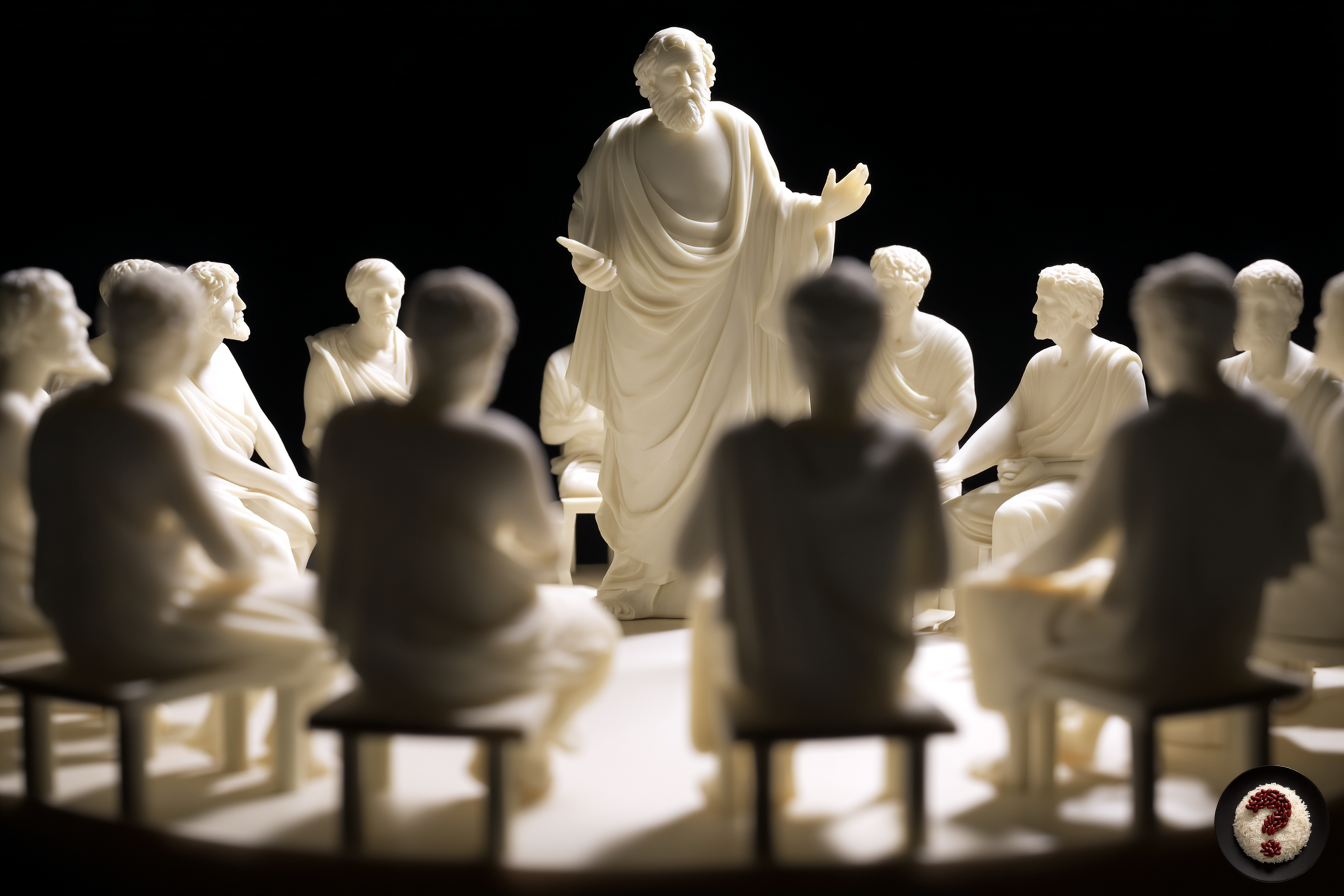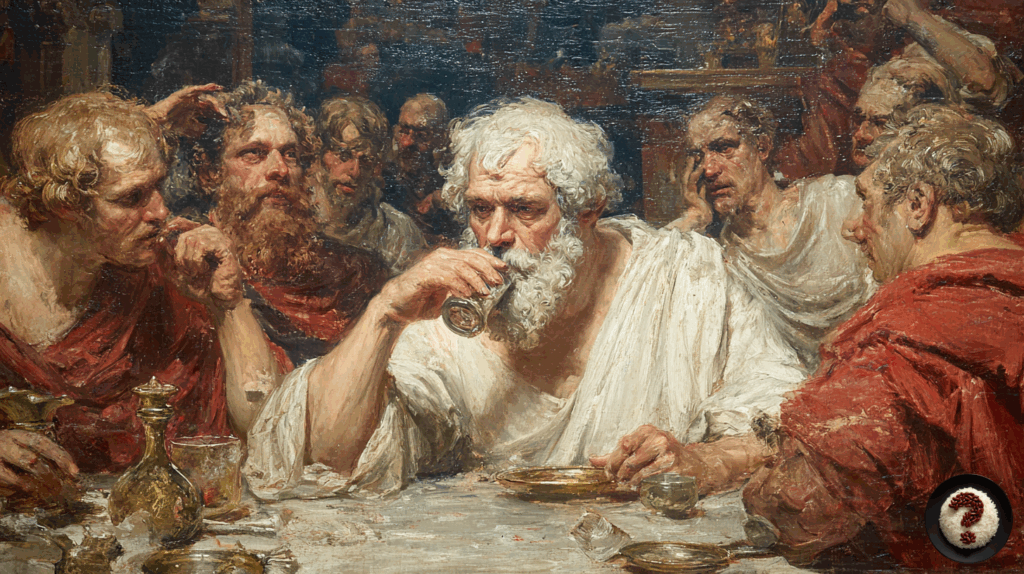
Socrates – 100 People Who Changed the World #3
Short Biography
Socrates (469 BC – 399 BC) is one of the most well-known philosophers of Ancient Greece. Born in Athens, Socrates grew up in the social and cultural environment of the era. His father was Sophroniscus, a stonemason, and his mother was Phaenarete, a midwife. This modest family background led Socrates to be regarded as a man of the people. Socrates himself did not leave behind any written works; his ideas were documented by his students, especially Plato and Xenophon.
This article is the 3th part of our series, ‘100 People Who Changed the World’.

Key Contributions and Achievements
One of Socrates’ most famous contributions is the technique of inquiry known as the Socratic method or “elenchus.” This method relies on mutual dialogue to expose contradictions in a person’s thoughts. Inquiry-based learning in modern educational systems is a reflection of this approach.
Furthermore, Socrates emphasized the limits of knowledge with his famous saying, “The only thing I know is that I know nothing.” According to him, wisdom begins with acknowledging one’s own ignorance. Socrates’ thoughts have reached us, particularly through his student Plato, and have formed the cornerstones of philosophy.

Impact on the World
Socrates’ philosophy was not limited to Ancient Greece; it became one of the most important sources of Western thought. Plato’s “Dialogues” and Aristotle’s works were nourished by Socrates’ ideas. Therefore, his intellectual legacy has a broad influence, extending from medieval scholastic philosophy to modern Enlightenment thought.
Socrates is also a symbolic figure in terms of freedom of thought and the individual’s right to make decisions based on conscience. His refusal to reject the death sentence given by the public assembly and drinking the hemlock is the most dramatic demonstration of his commitment to his beliefs.

Interesting Facts
- Socrates’ student Alcibiades became one of the most prominent Athenian statesmen of the era.
- Socrates was also actively involved in battles and was known for his courage.
- Today, “Socratic Dialogue” methods are still used in many university philosophy departments.
- Socrates was often mocked for his physical appearance but managed to captivate everyone with his intelligence and rhetorical power.
- During his trial, when offered exile or alternative penalties, he refused, saying that “an unexamined life is not worth living.”

Conclusion
Socrates is a thinker who transformed philosophy from a purely academic pursuit into a part of daily life. His ideas demonstrate the necessity for self-knowledge, moral questioning, and critical thinking. In this respect, Socrates is regarded as one of the most important thinkers not just of Ancient Greece, but of human history.
References
- Plato, Apology – Perseus Digital Library
- Stanford Encyclopedia of Philosophy – Socrates
- Internet Encyclopedia of Philosophy – Socrates
- Britannica – Socrates
